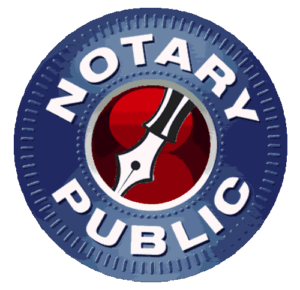Notary FAQ's
Essential Information to Understand Frequently Asked Questions and Answers (Q & A) About the Notary Process
A Notary Public is an official authorized by the government to witness the signing of important documents, deter fraud, and administer oaths.
Notarization adds credibility to documents, verifies the identity of signers, and reduces the risk of fraud. Notarized documents are often required for legal or financial transactions.
Various documents may need notarization, including legal contracts, real estate deeds, wills, powers of attorney, and affidavits.
The Notary Public verifies the identity of signers, ensures their willingness to sign, witnesses the signing, and then applies their official seal or stamp.
The Notary’s seal indicates that the document has been properly executed in the Notary’s presence, confirming its authenticity.
Signers must present an original, unexpired government-issued photo ID, such as a driver’s license or passport.
Yes, Notaries have the right to refuse service if they suspect fraud, coercion, or if the signer does not meet the necessary criteria.
No, Notaries cannot provide legal advice unless they are also licensed attorneys. They are not allowed to interpret documents or offer legal guidance.
Some jurisdictions allow remote online notarization (RON) where signers and Notaries interact via video call. Rules for RON vary by location.
Fees for notarization services vary by jurisdiction and document type. Notaries may charge per signature or per document.
Notarizations do not have an expiration date. However, the document’s validity might be time-sensitive, depending on the type.
In some cases, documents notarized out of state may be accepted, but it’s advisable to use a Notary in the same state as the document’s intended use.
An acknowledgment is a Notary’s certification that the signer’s identification is valid and that they willingly signed the document. A jurat involves the signer swearing an oath before the Notary.
Notaries can be found at banks, law offices, real estate offices, and through mobile Notary services. Online directories and platforms also help locate nearby Notaries.
Bring the unsigned document, valid identification, and any other required parties involved in the signing.
A Notary can only notarize a document in a language they understand. They cannot provide translation services unless they are proficient in both languages.
Remember, while this FAQ provides general information, Notary regulations can vary by jurisdiction. It’s advisable to consult local laws or a professional Notary for specific guidance.
